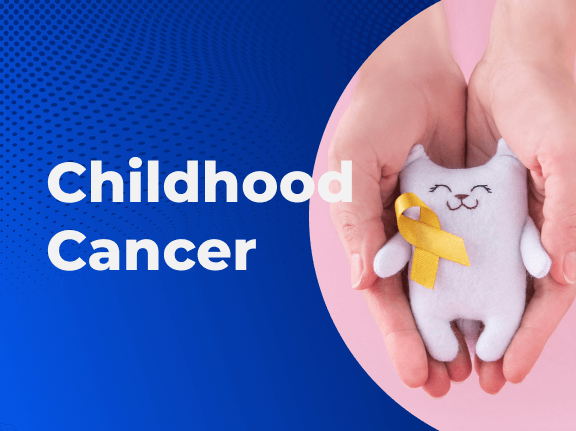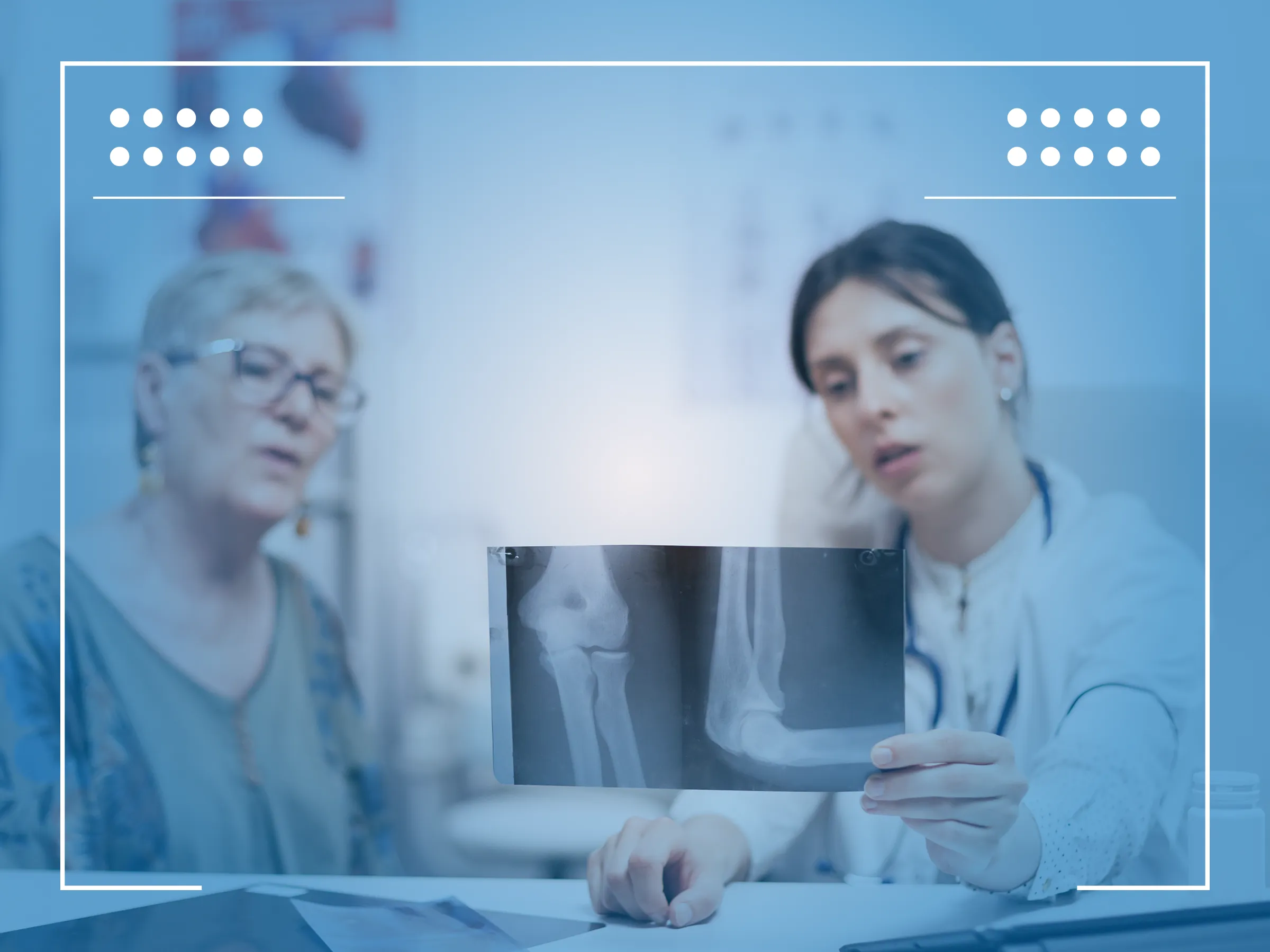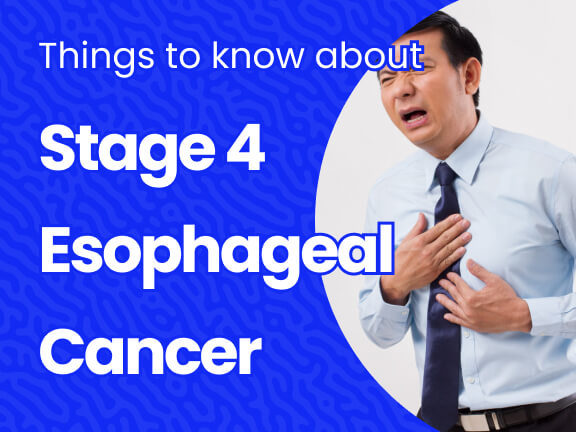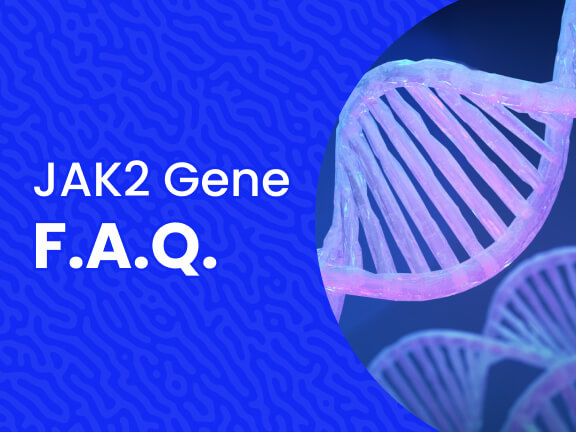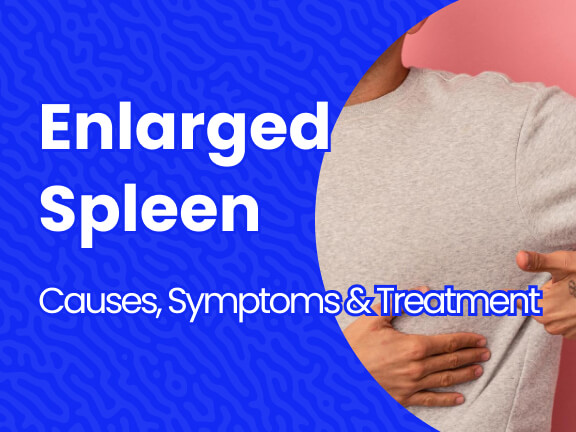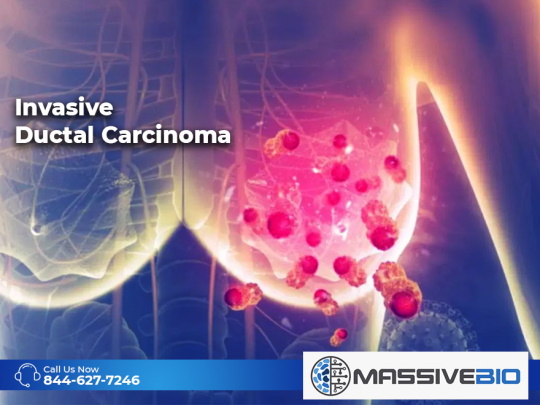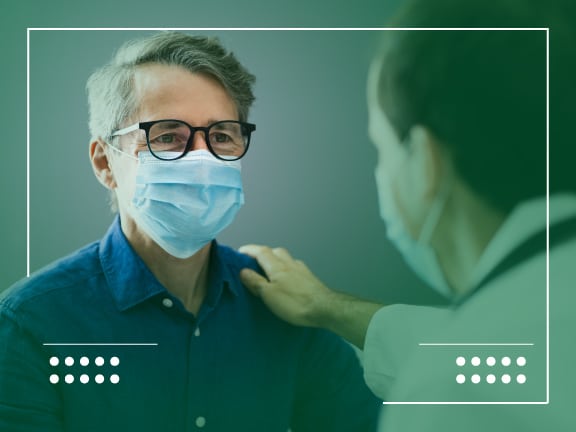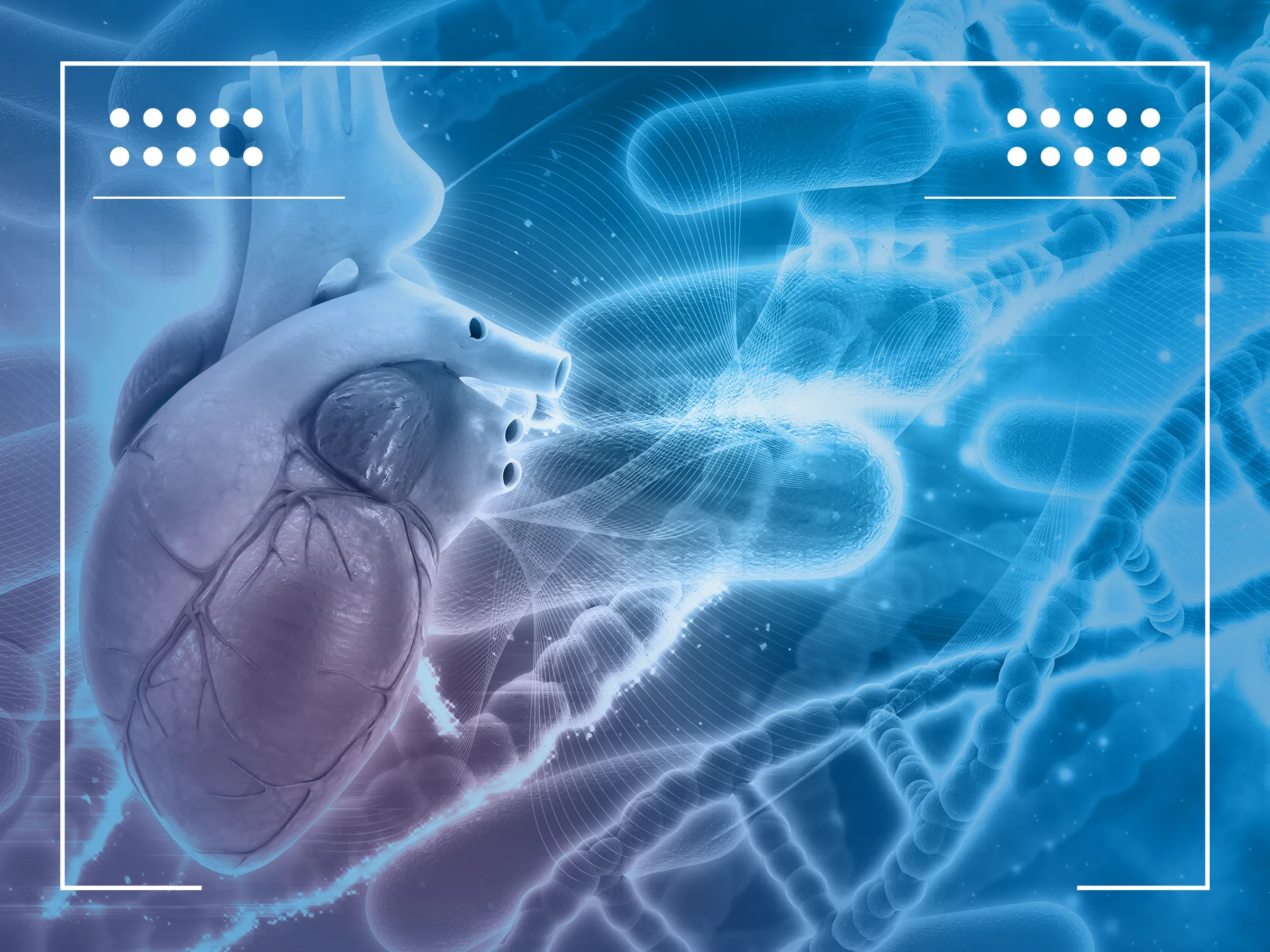What is Childhood Cancer?
A cancer diagnosis can be upsetting and difficult at any age but can be even more difficult when the patient is still a child. In 2021, there will be an estimated 10,500 new cases of pediatric cancer in children aged from birth to 14 years old. Because of an increase in awareness and research efforts, the mortality rate of cancer patients in this age group have declined by 65 percent from 1970 to 2016.
Childhood Cancer Symptoms
Because there are several types of cancers that occur in children, the symptoms will depend on which cancer the patient has. However, there are several signs and symptoms that are seen across the common cancer types seen in children. If any signs or symptoms occur, see a doctor for a physical exam to rule out any other diseases or illnesses. Signs and symptoms of childhood cancer include:
- Unusual lump
- Persistent fatigue
- Easy bruising and bleeding
- Ongoing pain or ache in one region of the body
- Nausea and vomiting
- Unexplained weight loss
- Frequent fever or headache
- Changes in vision
What Causes Childhood Cancer?
There is no known cause of childhood cancers. Cancer occurs when the DNA makes an error and mutations occur, eventually causing a mass of cancerous cells. Mutations are either inherited or somatic, meaning they are developed over one’s lifetime from lifestyle factors. However, because pediatric cancer occurs in children, this is believed to not be a factor for cancer in children. Some, but not many cases of pediatric cancer are believed to be due to inherited gene mutations from their family that increase the chance of cancer developing.
Childhood Cancer Risk Factors
Radiation exposure has been linked to some types of childhood cancers. Other parental exposures such as smoking are believed to play a small role in increasing a child’s risk of cancer. Studies are conducted and research is being done to learn more about the cause of childhood cancer and which factors increase someone’s risk of it developing. If cancer is suspected after seeing a doctor, an imaging test such as an x-ray and a biopsy will be done to confirm the diagnosis.
Childhood Cancer Prevention
There are no lifestyle factors associated with the development of childhood cancers, so there is little to be done to prevent cancer in children. Inherited mutations are also rare in pediatric cases of cancer. However, doctors do recommend avoiding smoking and exposure to radiation, which have been associated with some childhood cancer cases. Doctors also recommend children to live a healthy lifestyle to possibly lower the risk of childhood cancer. Healthy lifestyles include activities such as:
- Breastfeeding
- Getting enough physical activity
- Balanced diet
Childhood Cancer Treatments
Treatments for childhood cancers are not always treated the same as in adults. Treatment options will depend on the type of cancer and its stage. Common standard treatments for pediatric cancers are:
- Surgery
- Chemotherapy
- Immunotherapy
- Radiation therapy
- Stem cell transplant
Clinical trials are also available for eligible patients to enroll in to receive the latest treatments in cancer research. Before treatments are widely available to patients, clinical trials are used to evaluate the new drug or therapy for safety and effectiveness. Most of the innovations in curative therapies take place in clinical trials for childhood cancers and other cancer types.
Childhood Cancer Clinical Trials
The main reasons patients enroll in in pediatric cancer clinical trials are because they feel like they can help themselves and future pediatric cancer patients. Also, patients feel like their chances of survival seem better with the proposed experimental treatment and that the benefits outweigh the risks of participating in a clinical trial.
There are over a hundred current pediatric cancer clinical trials that are currently recruiting, and several may be beneficial to you. Our team of patient relations coordinators, who are oncology nurses, and our artificial intelligence based clinical trial matching system will find the best option for you.
With just a few clicks, you can see your clinical trial matches now. Click here to use our advanced clinical trial match tool.
How Do We Help Childhood Cancer Patients?
Massive Bio offers an independent cancer treatment analysis as well as free clinical trial matching for pediatric cancer patients. Our patient relations coordinators work closely with patients to gather information on their current medical status, and then will provide a list of options from available cancer clinical trials close to your home.
We can also provide a comprehensive case analysis through our Virtual Tumor Board from cancer specialists. The Virtual Tumor Board (VTB) is comprised of highly specialized oncologists from nationally-recognized Cancer Centers of Excellence. In just 7-10 days after receiving your medical records, we can get you a treatment plan without having to travel far distances and use your valuable time.
Source:
































